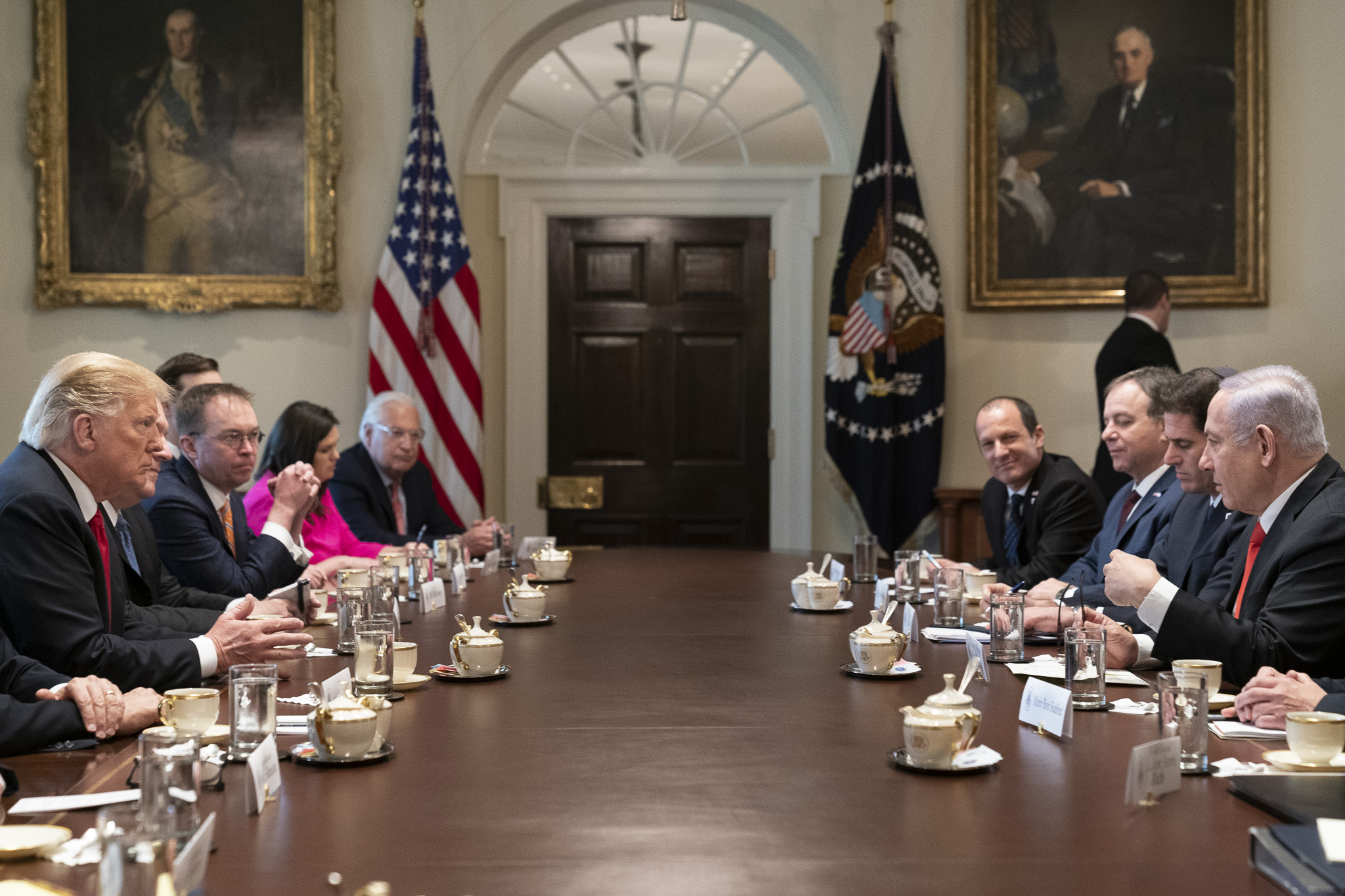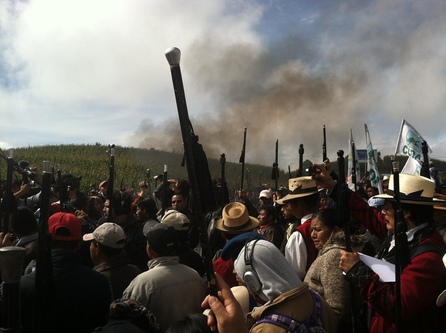By Deborah Avant for Denver Dialogues.
As we begin to digest Attorney General William Barr’s summary of the Mueller Report’s findings, one thing is crystal clear: allies of Putin, private companies, and other interested parties outside the United States sought, and had, influence over US elections. Henry Farrell and Abe Newman argue in Of Privacy and Power that we had better get used to this. US domestic politics is not its own separate sphere as academics often assume. Instead, it can be deeply affected by political strategies of non-citizens quite removed from US territory. Far beyond the transnational activists that Keck and Sikkink wrote about, there is growing evidence that many, many transnational links are impacting political struggles as political actors can (as Farrell and Newman say in a related article) “weaponize interdependence”.
Farrell and Newman are not the first to suggest that we are entering an era of global contentious politics. Bob argued in 2012 that transnational pro-gun groups fought anti-gun lobbyists, anti-abortion groups battled pro-choice, and LGBTQ rights and their opponents used transnational connections, not only in global arenas, but in local and national ones.
Of Privacy and Power builds a framework based on the political opportunity structures that are created as competing factions forge alliances across societies. Cross-national interactions mean rules in one jurisdiction can interfere with another, creating uncertainty for those (Facebook, Google, and other transnational companies) that work across them. As different players navigate this multi-level system, transnational forums are more accessible to some— well connected, rich individuals and organizations in the US and Europe—than to others.
The book examines the interplay of privacy and security through disputes over airline passenger data, financial sector information, and commercial data that have often been described as contests between the US and Europe. Farrell and Newman argue, though, that these are better understood as competitions between status quo and change-oriented coalitions that span the transatlantic. They go on to suggest likely strategies for in these new political opportunity structures.
When those seeking change have access to transnational forums, they often engage in “cross national layering”, creating transnational rules (formal or informal) that overlay, and eventually may subsume or replace, domestic ones. After 9/11, for instance, the United States passed legislation requiring foreign air carriers to transfer personal information on their passengers to US Customs in ways that violated European privacy guarantees. Security-oriented actors within both the European Union and United States forged a transnational alliance to transform European rules—in ways that privacy advocates within the EU fought. The opponents were concerned with civil liberties and privacy but had less access to transnational forums. This led to a strategy which sought to “insulate” the European Union from the change. When those resisting change are better connected internationally, they can defend their preferred rules by “extending” them to other places, as the US Securities and Exchange Commission did when it worked through the International Organization of Securities Commissions to export US rules regarding insider trading. Those who want to promote change—but have fewer links transnationally—often choose to “challenge law” in domestic courts.
Reflecting on these strategies in the context of the Mueller Report’s release, though, left me wondering how to characterize the strategy that Putin, the Internet Research Agency, and other hackers used to target the US as well as Europe. While seemingly an attempt at change, they opted for neither change strategy (cross-national layering or court challenges) outlined by Farrell and Newman. It may be that efforts to undermine transitional governance follow a different logic than those seeking to further it.
A few years back, Stacie Goddard and Dan Nexon also drew insight from contentious politics logic to propose the importance of collective mobilization strategies for global politics. They highlighted the different pathways suggested by wedging versus binding strategies, and their implications for integration and fragmentation. In a recent article, Dani Nedal and Dan Nexon, extended this reasoning to argue that global order is most likely when authority claims are cosmopolitan and forms can substitute for one another. When particularistic claims resonate and authority forms are not substitutable, systems tend toward disintegration and balancing. Nadel and Nixon argue that cosmopolitan claims such as human rights norms notwithstanding, the current authority system remains, “predominantly defined by relatively particularist and nonsubstitutable principles and practices of national sovereignty.” Perhaps acting in support of particularistic logics affect the strategies actors use.
Political phenomena such as Brexit, and the election of nationalist candidates like Donald Trump and Jair Bolsonaro, seem to support Nedal and Nexon’s assessment that particularism is on an upswing—but there are also signs of resistance to each of these. A key question is: how will these nationalist claims interact with the intricate web of ties among advanced industrialized economies that Farrell and Newman document?
Farrell and Newman argue that no one ever “wins” once and for all. Outcomes at one moment only lay the basis for the next struggle. Those seeking to defend the various transnational practices at which President Trump has taken aim have thus far used US domestic courts and investigations such as Mueller’s. One wonders if there is room for a transnational political strategy on the part of those defending more cosmopolitan claims—and what that might look like. Regardless, the global contentious politics frame is likely to be increasingly useful for analyzing what looks to be a long and tumultuous era of contestation.






